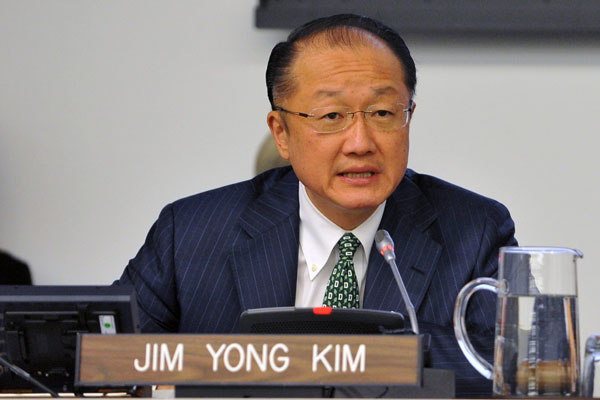The World Bank Must Defend “Doing Business” Report
Terry Miller / Anthony B. Kim /
Jim Yong Kim, president of the World Bank, faces perhaps the most critical decision in his presidency so far. He must defend the Bank’s annual “Doing Business” report from attacks by China and some nongovernmental organizations (NGOs). His failure to do so will have far-reaching negative impacts on the World Bank’s mission of “Working for a World Free of Poverty.”
As The Economist magazine points out:
The [Doing Business] rankings irk countries that do not do well—notably China.… Studies show a clear relationship between improved scores in “Doing Business” and faster growth. Granted, its methodology is not perfect, and changes in rules do not always match conditions on the ground. But the answer is to improve the research behind the rankings, not to suppress them.
Oddly enough, a coalition of various humanitarian groups has teamed up with China in the effort to scuttle the Doing Business report. It is tragic to see these groups, which include such well-known NGOs as Oxfam International and Save the Children, throwing in their lot with China, whose centralized planning is the antithesis of the Doing Business model of more effective free-market capitalism.
Kim should think long and hard before giving in to China’s grumbles and the special pleading of NGOs whose fundraising and very existence depends on continued poverty and aid-dependency in the developing world. If he stays true to his call for building “a science of delivery for development,” an ambitious goal of ending extreme poverty within a generation, Doing Business, one of the Bank’s few data-driven evaluation tools, will need to be a key part of the effort.
Kim made a compassionate case that “we set goals to keep ourselves from falling into either fatalism or complacency—both deadly enemies of the poor.” To ensure that does not happen, Kim should stand up for the Doing Business report. He should steer the World Bank to an even greater embrace of an evidence-based approach to development policies, emphasizing policy competition to advance economic freedom and greater prosperity for all.

